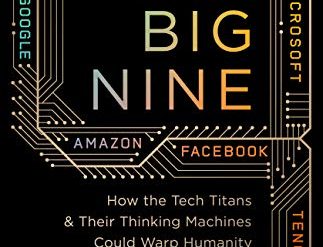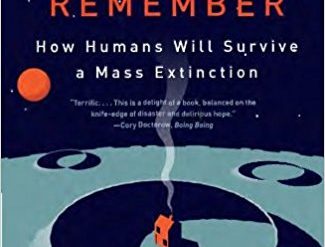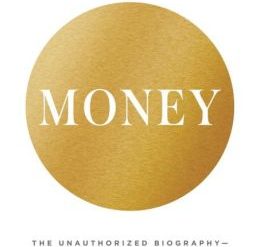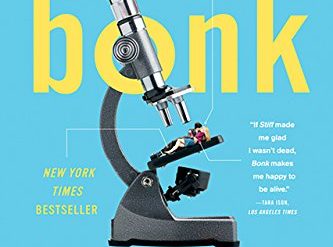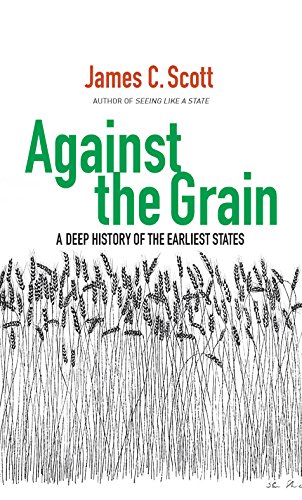
Estimated reading time: 5 minutes
Historians of the ancient world have been telling us for centuries that from about 5,000 to 10,000 years ago larger and larger human communities formed in places like the Fertile Crescent, South China, the Indus River Valley of today’s western India and Pakistan, and Central America. To secure enough food once their population had grown to a level unsustainable by hunting and gathering, those communities turned to agriculture. Food surpluses, seized by local rulers, enabled the establishment of the empires that dominated the world.
However, as modern scholarship has shown, little of that is true. Against the Grain: A Deep History of the Earliest States by James C. Scott tells a somewhat different story that will challenge everything you’ve been taught about ancient history.
For example, by about 10,000 BCE, small human communities had begun to form, domesticating plants and animals, irrigating crops, and growing some of their own food while obtaining the rest from the land around them. In other words, humans were tilling the soil thousands of years before the first empires even began to form. Even “[s]lavery was not invented by the state. Various forms of enslavement individual and communal, were widely practiced among nonstate peoples.” However, “civilized societies” perpetuated and expanded the institution. “As Adam Hochschild observed, as late as 1800 roughly three-quarters of the world’s population could be said to be living in bondage.”
Against the Grain: A Deep History of the Earliest States by James C. Scott (2017) 335 pages ★★★★★
A revisionist view of ancient history
The conventional view that life grew gradually better once states and then empires (“civilization”) had begun to take shape is simply wrong. Archaeological evidence has shown that people lived longer and healthier lives as hunter-gatherers. Their diet was more varied, and they suffered fewer diseases. They grew taller and lived longer. They worked far less time to secure food, fuel, and other resources than farmers engaged in backbreaking work tilling wheat, barley, rice, millet, or other grain crops. (Why the emphasis on grain? Because only with predictable and measurable grain crops could elites collect taxes.)
Early human communities were, as Scott asserts, “multispecies resettlement camps.” Both humans and animals clumped together in ever-larger numbers. Because of the crowding, epidemic disease became common among both people and animals. Infant mortality soared. Domesticated animals steadily became smaller than the wild species from which they originated. Humans, too, grew shorter and died earlier, partly from a diet almost exclusively limited to grain and partly from the effects of disease. “[V]irtually all the infectious diseases due to microorganisms specifically adapted to Homo sapiens came into existence only in the past ten thousand years, many of them perhaps only in the past five thousand. They were, in a strong sense, a ‘civilizational effect.’”
The earliest states were fragile
“[A]n even-handed species history would give the state a far more modest role than it is normally accorded,” Scott notes. The earliest states were fragile, ephemeral constructs that frequently fell to the ravages of disease or marauding pastoralists. They were “minuscule affairs both demographically and geographically. They were a mere smudge on the map of the ancient world and not much more than a rounding error in a total global population estimated at roughly twenty-five million in the year 2,000 BCE . . . Even at the height of the Roman and early Han ‘superstates,’ the area of their effective control would have been stunningly modest.”
Nonetheless, historians typically focus on states and empires (since written records make history possible, and writing came into use only in settled communities). But it was not until about 1,600 CE that established states encompassed most human populations—in other words, fewer than 500 years ago. For many thousands of years before then, hunter-gatherers and pastoralists greatly outnumbered the grain-growers who lived in cities.
A book full of surprises
Against the Grain is full of surprises. What I’ve cited above is only a smattering of the book’s revelations.
Here’s another: Fire was first harnessed by hominids 400,000 years ago, long before we human beings appeared on the scene. Scott regards fire as the most consequential tool in human history. Fire made cooking possible. In turn, cooking “allows Homo sapiens to eat far less food and expend far fewer calories extracting nutrition from it . . . It allowed early man to gather and eat a far wider range of foods than before”—and archaeological evidence shows this is associated with the increasing size of our brains.
Reading Against the Grain is likely to upend your understanding of ancient history. But it’s tough going. I found myself rushing to the dictionary on virtually every other page. Scott uses words that I would swear have never seen the light of day anywhere else but obscure academic papers and technical dictionaries.
About the author
James C. Scott confesses in his preface that he is “an amateur” historian but “a card-carrying political scientist and an anthropologist and environmentalist by courtesy.” Against the Grain offers a multidisciplinary approach to ancient history—what elsewhere is called “Big History.” Although Scott primarily turns his attention to Mesopotamia, where the first states appear to have been established, he extends his arguments to all the other regions where “civilization” first emerged.
For related reading
This is one of the top 10 nonfiction books that changed my thinking.
For more insight about ancient cities, see Four Lost Cities: A Secret History of the Urban Age by Annalee Newitz (Join archaeologists at work around the world). And for a fresh view of pre-historic and ancient history, see Pathogenesis: A History of the World in Eight Plaguesby Jonathan Kennedy (How microbes have shaped world history).
If you’re intrigued by this new, multidisciplinary approach to history, you’ll enjoy seeing my post, Great books on Big History: New perspectives on world history.
This is one of the books I’ve included in my post, Gaining a global perspective on the world around us.
You may enjoy browsing through 20 top nonfiction books about history.
And if you enjoy reading history in fictional form, check out 20 most enlightening historical novels.
And you can always find my most popular reviews, and the most recent ones, on the Home Page.

